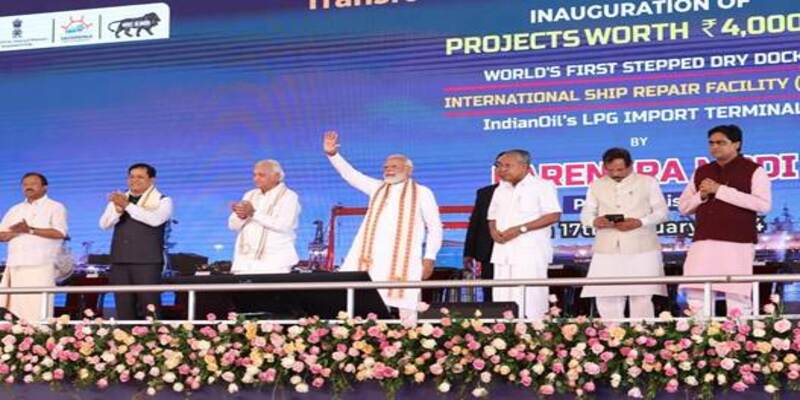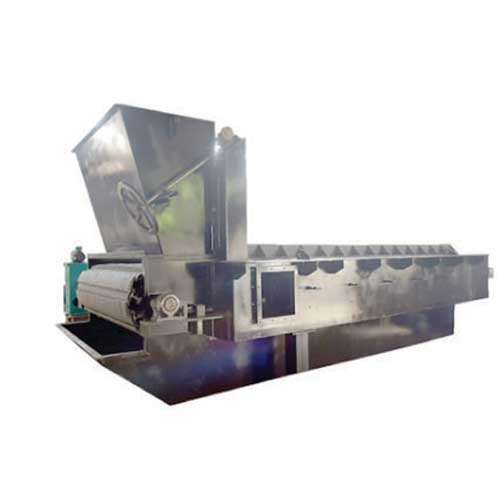Schedule a Call Back
Digital progress of Indian manufacturing industry
 Articles
Articles- Mar 01,19

Related Stories

As EV, RE systems advances, lubricants demand is going to increase meticulously
In this interview with Rakesh Rao, P Sudhahar, Executive Director (Lubes), Bharat Petroleum Corporation Ltd (BPCL), tracks the changing dynamics of the lubricants market.
Read more
PM Modi unveils Rs 4,000 cr Maritime Boost in Kochi for India's Nautical Advancement
These initiatives encompassed the construction of a 310-metre-long New Dry Dock (NDD) at Cochin Shipyard Limited (CSL).
Read more
Capturing the current status of the PM Gati Shakti scheme
Prime Minister Gati Shakti Scheme (PMGSS) has given a boost to Indian transportation system. Railways, roads and air travel, each sector has seen a swift shift with the initiatives and implementati..
Read moreRelated Products

Roof Guard Black
Royal Industrial Corporation offers a wide range of roof
guard black.

Mini Travelling Grates
Rushas Engg Co Pvt Ltd offers a wide range of mini
travelling grates.

Hook Type Highly Insulated Frp Telescopic Earth/discharge Rod
KUSAM-MECO” HOOK TYPE HIGHLY INSULATED FRP TELESCOPIC EARTH/DISCHARGE ROD ‘Kusam-Meco’ has added a full new range of hook type highly insulated FRP Telescopic Earth /Discharge Rod, Model: KM-HKDR-1 Read more














